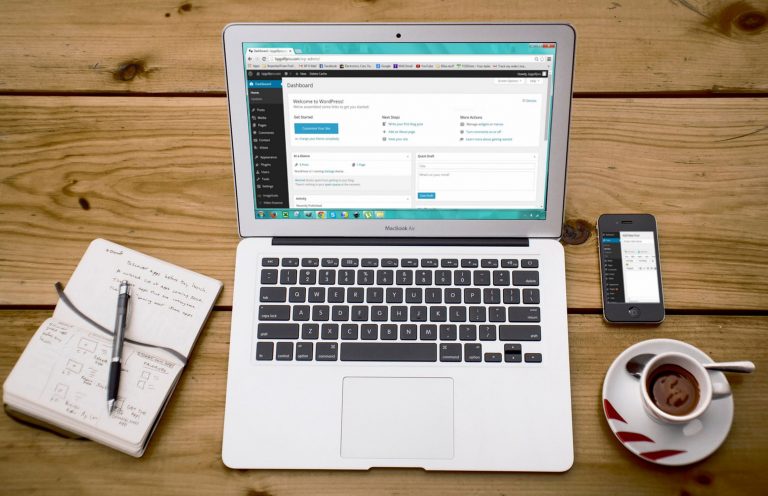If you’re not feeling well, that is a good reason to stay home from work. In this case, you will need to call into work. Especially now that we are challenged by a pandemic, it is the right time to assert your labor rights. Plus, in many cases, you may be able to do remote work.
No one likes to be sick. Moreover, no one wants to be sick and have to gather all of their strength to explain to their boss that they are sick. Don’t feel guilty. Your employer won’t kick you out for getting a fever. We’re all human, and sometimes, we get sick.
Plus, there is no one who wants to work beside a coworker who flies through tissues all day. Make some tea, wrap yourself in a cozy blanket, and concentrate on healing. Continue reading to learn how to do remote work on the days you are not feeling well.

Know Your Rights
Your, employers are holding on to you. You are somebody who knows the business and the work. It is easier for your employer to keep you than for them to recruit and educate someone new. Plus, you have the right to ask to work from home during a pandemic and if you’re sick.
The normal response of your employer may be to ask what’s wrong, but you’re not under any obligation to provide information about your illness. Many times, employers inquire about your well-being partly out of consideration and partly to decide how long they will need to manage your shifts or workload.
In order to resolve this latter issue, if possible, let your employer know when you intend to return. In the event that you require a lengthy medical absence, you will need to fill out the paperwork to apply under the Family and Medical Leave Act for workplace protection.
However, even in such cases, medical records should be kept confidential by the HR department of your business, and should not be reported to a supervisor or colleagues.
Prove To Your Employer That You’re Reliable
This is actually the most critical aspect when it comes to remote work. You have to prove that there is practically no downside for your employer when you work from home. You need to show that you will be just as available are you are when you’re in the office.
Be super-responsive through video calls and emails. Don’t just follow the deadlines, beat them. This will show your boss that you can work effectively and efficiently at home.
When Allowed, Document Everything
When you try to hammer out an arrangement to operate from home, make sure you have it down on paper. For example, an email trail would suffice. Doing this means that you have understood correctly how much you will operate out of the office, and it sets the policy as well. The last thing you want to do is renegotiate the entire thing from scratch. This could happen if your boss gets promoted or is replaced.
Work Smart
If your employer’s regulations or customs disincentivize operating from home, be prepared to contest the regulations — but do so strategically. Suppose you took some unscheduled time off and proved you can be more productive from home. Couple that with a survey of other people’s policies in your region. Point out that a relaxed policy could support recruitment and retention.
Present An Alternative Emergency Plan
You will want to prove, in case anything comes up, that you can get to the office quickly. But, don’t wait for an accident or emergency to happen.
You want to be the one who appears suddenly while you’re working from home for a regular meeting — just because you felt it was necessary. In addition to helping your case, it could also make someone calling the meeting feel good that you felt it was important to be there in person.

Conclusion
When you’re feeling unwell, it is always a good idea to stay home from work so you do not infect your colleagues. We hope this article provided you with some helpful tips to convince your boss that you need to do remote work for a while. Click here to learn more about this pandemic and the industries that are affected.
Also read – Tips for Getting Back to Business After the Pandemic












